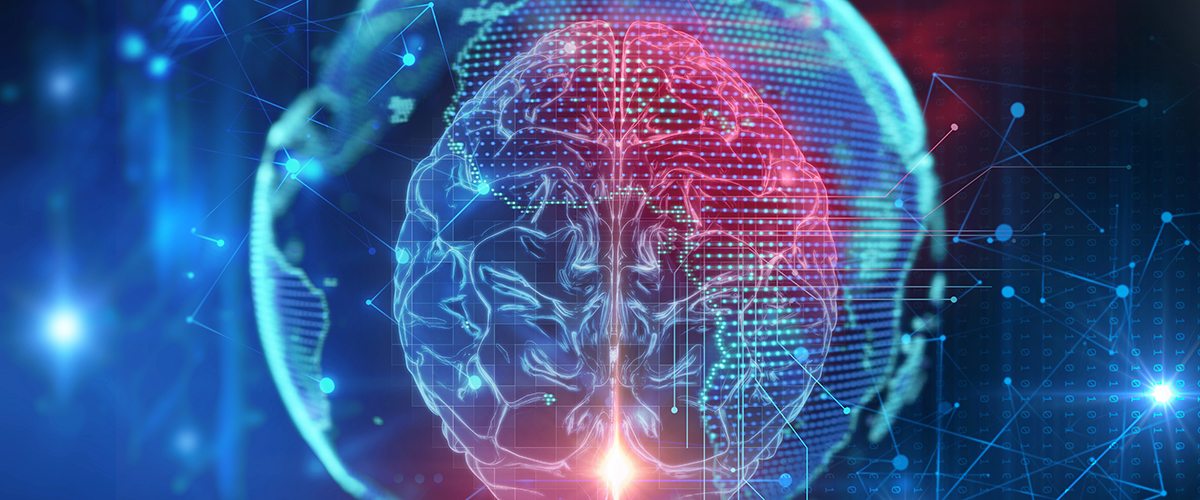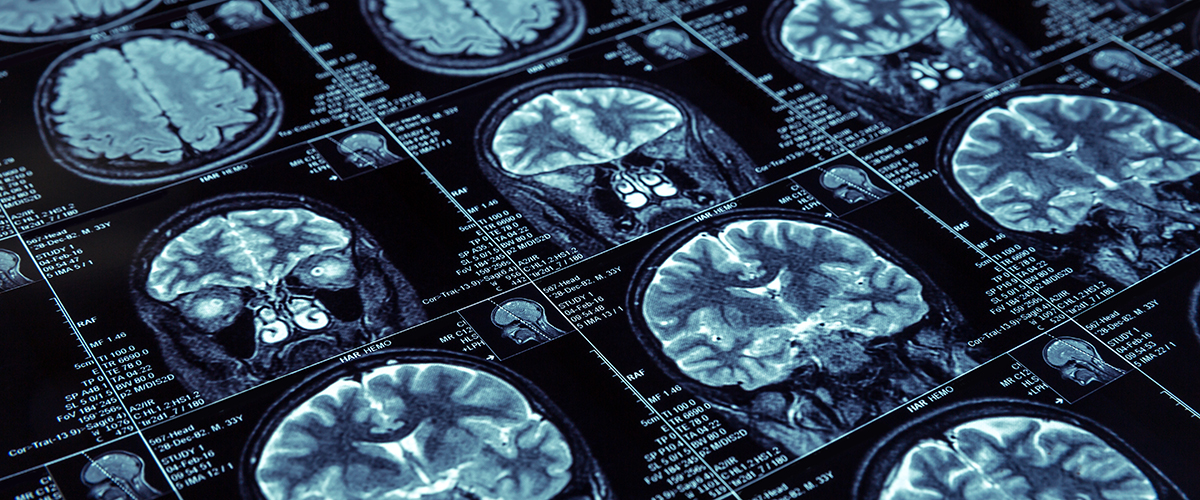The pair of studies have found evidence that using cannabis does not have widespread effects on brain structure.
Two new studies dispute the long-standing myth that cannabis use leads to long-term changes in brain structure. Learn about the findings of the two new studies on marijuana effects on the brain below.
Cannabis and Brain Structure of Teens and Young Adults
In the first study, published in the journal Neuropsychopharmacology, researchers at the University of Pennsylvania, Perelman School of Medicine compared 781 brain scans of non-cannabis users, occasional cannabis users (one to two times weekly), and frequent cannabis users (more than three times weekly). The study’s subjects were young people aged 14-22 years old.
Neuroimaging revealed that the brains of those who did not use cannabis at all were similar to those who occasionally or frequently used marijuana.
“There were no significant differences by cannabis group in global or regional brain volumes, cortical thickness, or gray matter density, and no significant group by age interactions were found,” the researchers wrote. “Follow-up analyses indicated that values of structural neuroimaging measures by cannabis group were similar across regions, and any differences among groups were likely of a small magnitude.”
“In sum, structural brain metrics were largely similar among adolescent and young adult cannabis users and non-users,” they concluded.
The full text of this new study exploring marijuana effects on the brain, “Cannabis use in youth is associated with limited alterations in brain structure,” is available to access through Nature Research.

Effects of Long-Term Cannabis Use on the Brain
In the second study, researchers from the University of Colorado at Boulder investigated whether long-term cannabis use elicited any morphological changes in the brain. They compared MRI scans in 28 marijuana users over the age of 60 who on average had used marijuana for 24 years, to those of matched controls.
In the study, published in the journal Psychiatry Research, the scientists looked to find whether marijuana use led to differences in total cerebrospinal fluid (CSF), gray matter, white matter, and cognitive performance.
While controlling for age, the researchers found that having regularly used marijuana for over two decades “does not have a widespread impact on overall cortical volumes.” They also found that there was no significant difference in cognitive performance across the two groups.
“This is in contrast to the large, widespread effects of alcohol on cortical volumes that might be expected to negatively impact cognitive performance,” they added.
The findings are encouraging, particularly since older adults are increasingly using marijuana.
“The current study was able to explore cannabis use in a novel older adult population that has seen recent dramatic increases in cannabis use while controlling for likely confounding variables (e.g. alcohol use). The participants in this study were generally healthy and highly educated, and it is in this context that cannabis use showed limited effects on brain structural measures or cognitive performance,” the researchers concluded.
The full text of the study on marijuana use and the brains of older adults, “Preliminary results from a pilot study examining brain structure in older adult cannabis users and non-users,” can be purchased through ScienceDirect.
Studying Marijuana
The findings of the two new studies are the latest in a growing body of evidence suggesting cannabis has no long-term adverse effects on the brain. Previously, researchers found no significant negative cognitive performance effects in marijuana-using teens and young adults. Other studies have found no link between cannabis use and negative changes in intelligence quotient (IQ) or executive functioning.
Learn more about what marijuana studies have discovered so far by visiting our education page, or keep up with the latest studies as they’re published through our news page.






